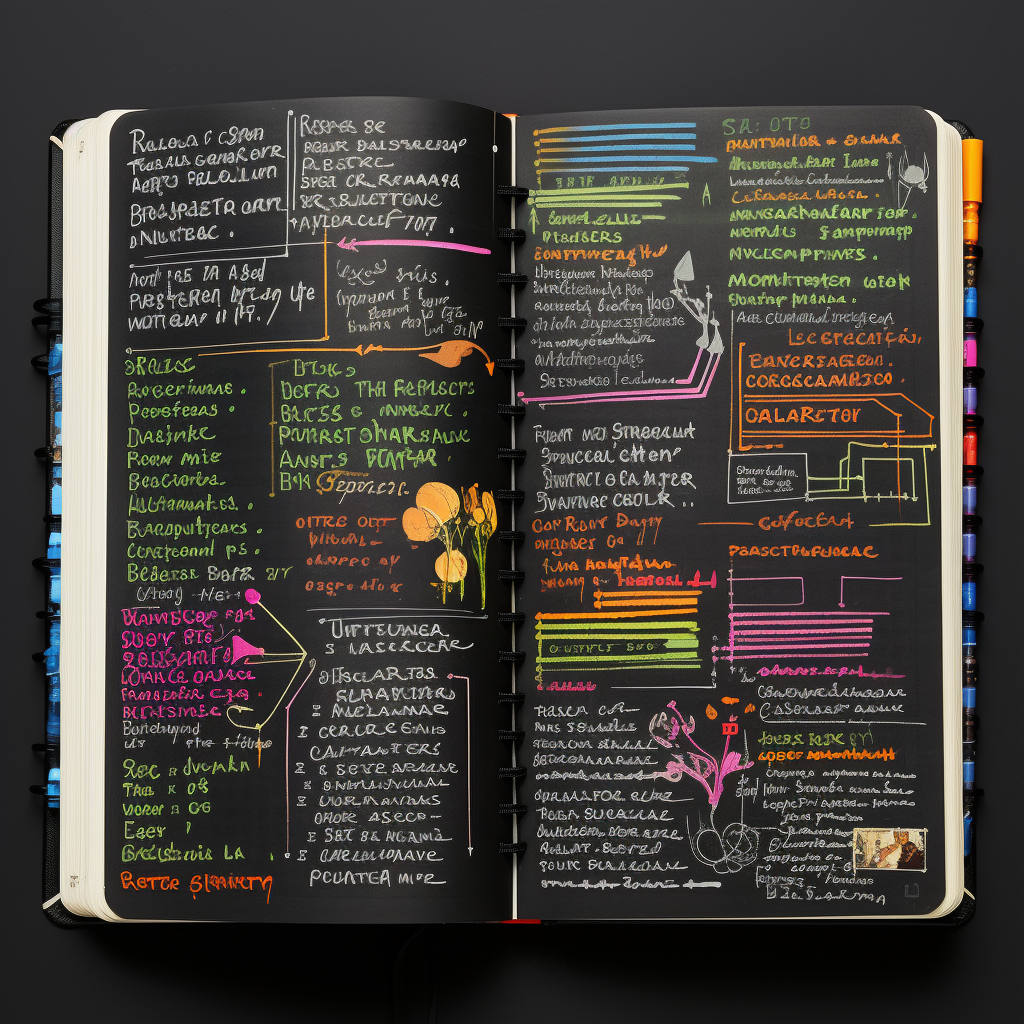Metaphors and Analogies: Argument by Analogy
One need only turn on the television to find advertising metaphor everywhere. First used in 1997, energy drink Red Bull’s ‘Red Bull gives you wings’ is one of the most pervasive. The metaphoric tagline implies that the drink gives you so much energy that you can take flight and accomplish anything after drinking it. It’s a metaphor for achievement, activity and action. It positions Red Bull as a caffeinated alternative to coffee. It’s clearly not able to give the drinker actual wings, but that doesn’t mean that individuals won’t take it as such. In 2014, Red Bull agreed to pay out more than thirteen million dollars after settling a U.S. class action lawsuit that accused the company of false advertising. Consumers in the suit claimed that the popular energy drink would actually give them wings, as advertised. Such lawsuits often divide us along ethical lines, and the resulting change for Red Bull beyond the punitive financial damages was that they changed their line to now read ‘Red Bull gives you wiiings’.
Metaphors in advertising are positioned as a function of their framing. They align a product with an idea. But a Gillette razor is not actually ‘the best a man can get’ no more than Budweiser is actually ‘the king of beers’. But for some the fissure of literal interpretation is the crack of opportunity which can be exploited for financial gain. Accusations of false claims are a fine line with advertising metaphor, highly subjective and contentious. And when it comes to metaphors in advertising, at the end of the day, the customer is king.































